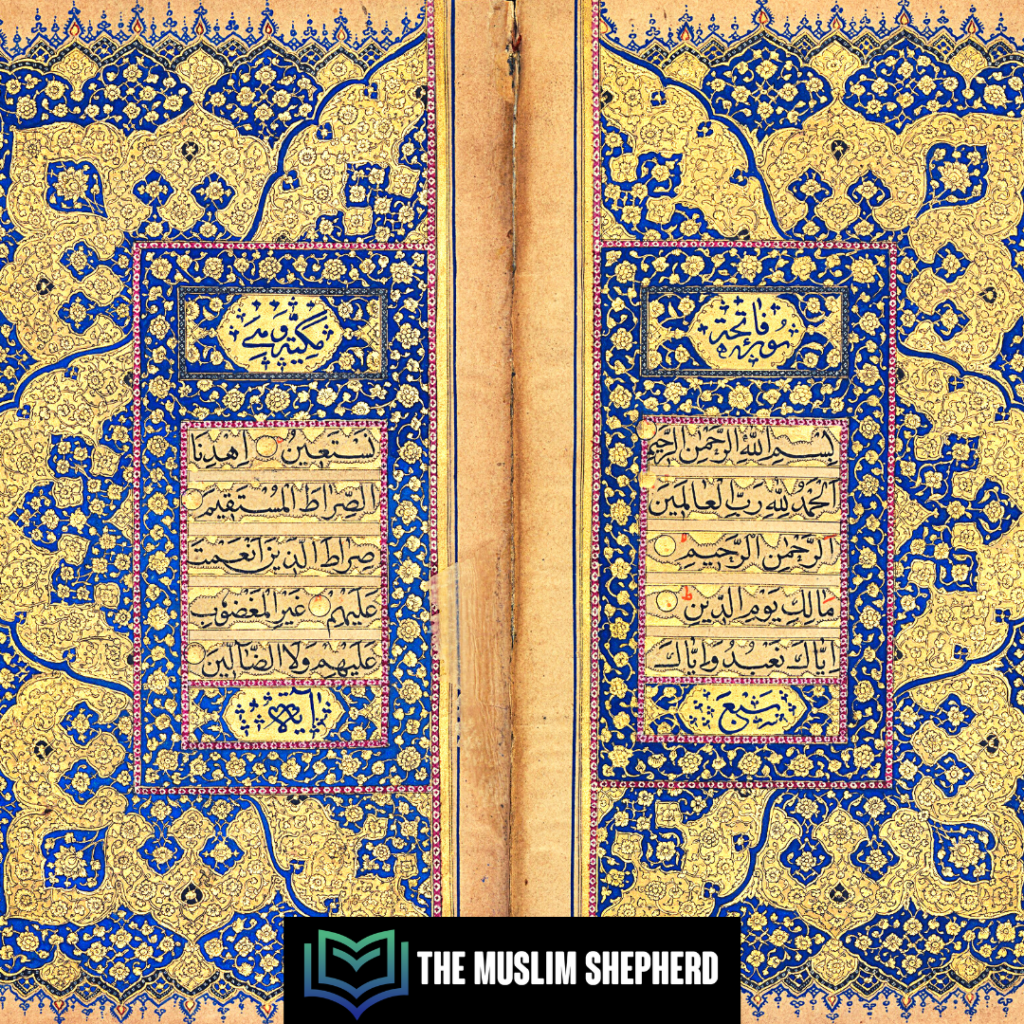Seeking knowledge is a means of gaining wisdom.
Or at least, this is how it should be.
We generally associate wisdom with experience and age. The wise is the old man or woman who counsels, guides, or sees what others don’t.
Our life would be much better with wisdom. The sooner we get it, the better it is.
That’s why I asked myself a couple of questions to understand how wisdom works:
- What is wisdom?
- Does it have a different meaning in Islam?
- How is it different from knowledge?
- Where is it coming from?
- How can we access it?
This article is an attempt to answer these questions in the hope to find a path to wisdom.
What is wisdom?

Webster’s dictionary defines wisdom as knowledge, and the capacity to make due use of it; knowledge of the best ends and the best means; discernment and judgment.
In Islam, the word ‘hikma‘- wisdom in Arabic- is the kind of understanding which allows you to hit the mark, attaining perfection.
Ibn Abbas defines wisdom as being right without being a prophet.
Al-Ghazali means by wisdom a condition of the soul by which it distinguishes true from false.
Being foolish is the opposite of being wise. A foolish shows a void of understanding, weakness in intellect, and a lack of judgment or discretion.
From the above, we can summarize wisdom as the ability to make a judgment and come up with the right decision based on knowledge.
The difference between wisdom and knowledge?

This extract from the poem ‘The Task’ by William Cowper pictures well the difference between wisdom and knowledge:
“Knowledge and Wisdom, far from being one
Have often times no connexion. Knowledge dwells
In heads replete with thoughts of other men;
Wisdom in minds attentive to their own.
Knowledge, a rude unprofitable mass,
The mere materials with which Wisdom builds,
Till smoothed, and squared, and fitted to its place,
Does but encumber whom it seems to enrich.
Knowledge is proud that he has learned so much;
Wisdom is humble that he knows no more.”
Knowledge is merely a raw material that needs to be worked and shaped so that it can benefit us and others. Knowledge is the first step in the path to wisdom.
Ibn Mas’ud (May Allah be pleased with him) reported: The Prophet (ﷺ) said:
“Envy is permitted only in two cases: A man whom Allah gives wealth, and he disposes of it rightfully, and a man to whom Allah gives wisdom which he applies and teaches it.”
[Al- Bukhari and Muslim]
From this hadith, we can learn 3 things about wisdom:
- Wisdom is granted by Allah
- It requires action
- It is meant to be spread
Wisdom is granted by God
In Surah Al-Baqarah, Allah says:
“He gives wisdom to whom He wills, and whoever has been given wisdom has certainly been given much good. And none will remember except those of understanding.”
[Quran 2:269]
In Surah Luqman:
“And We had certainly given Luqman wisdom [and said], “Be grateful to Allah.” And whoever is grateful is grateful for [the benefit of] himself. And whoever denies [His favor] – then indeed, Allah is Free of need and Praiseworthy.”
[Quran 31:12]
Allah grants wisdom. It’s a favor and a reward for the way we use our knowledge and how we lead our life.
You can have the knowledge, act upon it, and teach it to others, and still not be wise.
For example, someone who makes a fortune in the finance world by putting people into debt and crashing economies can’t be considered wise.
He had the knowledge, put it into action, and even taught it to others. He’s successful in this life, but he’s neither successful nor wise in Islam. Allah doesn’t grant wisdom to someone who harms others.
I finally found a translation of one of my most-watched and shared videos. In his soothing voice, Dr. Mohammad Rated Al-Nabulsi explains the fruits of the love of Allah to us and the effects of wisdom.
It requires action

Knowing a lot is not difficult. Having knowledge and act on it unlock its benefits. It is the key to wisdom.
For example, every Muslim knows that Allah is omnipotent, able to do anything.
But we live our lives like Allah is capable of nothing. A little problem can shake us.
The wise knows that Allah is capable and act accordingly. Even when he’s experiencing situations seemingly hopeless, he knows he can rely on Him anytime.
The young people of the cave knew God and acted accordingly.
If they didn’t know Him, the thought to retreat in a cave wouldn’t even cross their mind.
“[The youths said to one another], And when you have withdrawn from them and that which they worship other than Allah, retreat to the cave. Your Lord will spread out for you of His mercy and will prepare for you from your affair facility.”
[Quran 18:16]
While writing this passage, I’m reflecting on how unwise I am. Whatever knowledge I have (which is very little), how small is the portion I really act on it!
In the end, we don’t need to know that much but just act on the little we already know.
It is meant to be spread

After gaining knowledge and acting upon it, the last step for the wise is to teach it.
In Islam, you are either teaching or learning. There are no scholars that don’t teach or people who don’t learn.
This attitude towards knowledge- to seek it and teach it- turned Arabs in the middle of nowhere into the founders of a great civilization.
The Arabs, on the top of learning and teaching Islam, assimilated the knowledge of the civilizations they had overrun, including the ancient Greek, Roman, Persian, Chinese, Indian, Egyptian, and Phoenician civilizations.
The result was what we call The Islamic Golden Age traditionally dated from the 8th century to the 14th century.
There’s an urgency for Muslims to revive this attitude towards knowledge.
Not only for their own benefit but for all humans.
The world is in need of knowledgeable people with good principles. And Muslims can definitely play a role in solving current people’s problems.
The learners of today can become the teachers of tomorrow, following the same order than wise people before them: silence, listening, retention, practice, and teaching.
The wish for myself and all of you is to live a wise life.
And it starts by never giving up on seeking knowledge.
